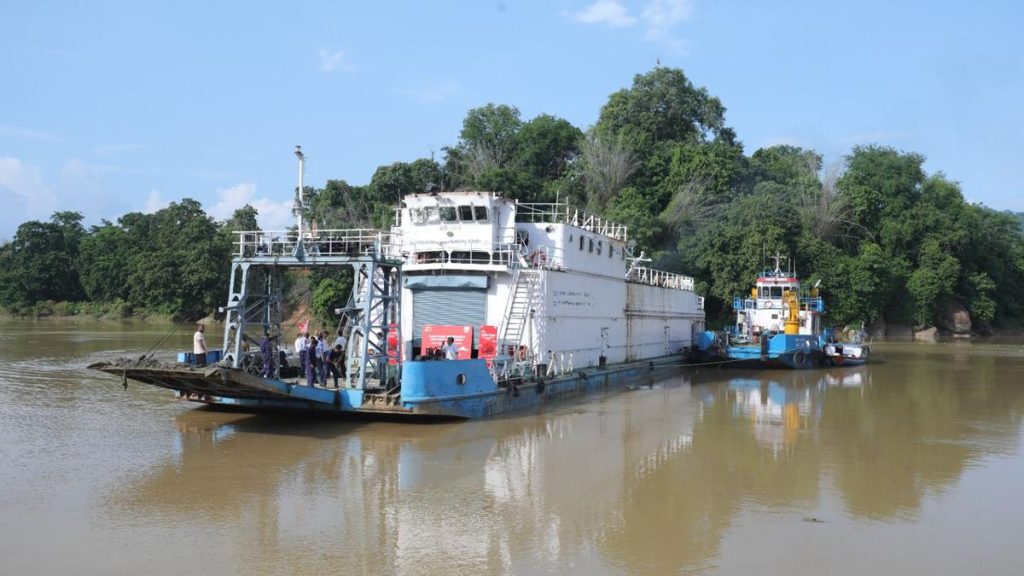Now Reading: Adivasi Farmer Injured in Bear Attack in Adilabad Receives Compensation
-
01
Adivasi Farmer Injured in Bear Attack in Adilabad Receives Compensation
Adivasi Farmer Injured in Bear Attack in Adilabad Receives Compensation

Swift Summary
- Adilabad Collector Rajarshi Shah presented a ₹50,000 cheque as compensation to an Adivasi farmer injured in a bear attack.
- The farmer, named Dev Rao from Waghapur village, was attacked by the bear in May 2025.
- Compensation was sanctioned by the Telangana government’s Chief Minister’s Relief Fund.
- The cheque was handed over at the Collectorate with additional officials like Adilabad Additional Collector Shyamala Devi present.
- Dev Rao expressed gratitude to the administration for facilitating swift compensation.
Indian Opinion Analysis
The prompt and decisive delivery of monetary aid to an individual affected by a wild animal incident reflects strong efforts by local governance in addressing human-wildlife conflict. Such instances can signify both growing wildlife conservation pressures and vulnerabilities faced by rural residents living near forested areas. This case highlights the importance of prioritizing relief mechanisms where human safety is jeopardized due to conflicts with nature. Efficient disbursement of compensation also sets an example for responsive bureaucratic processes that advocate timely redressal.























